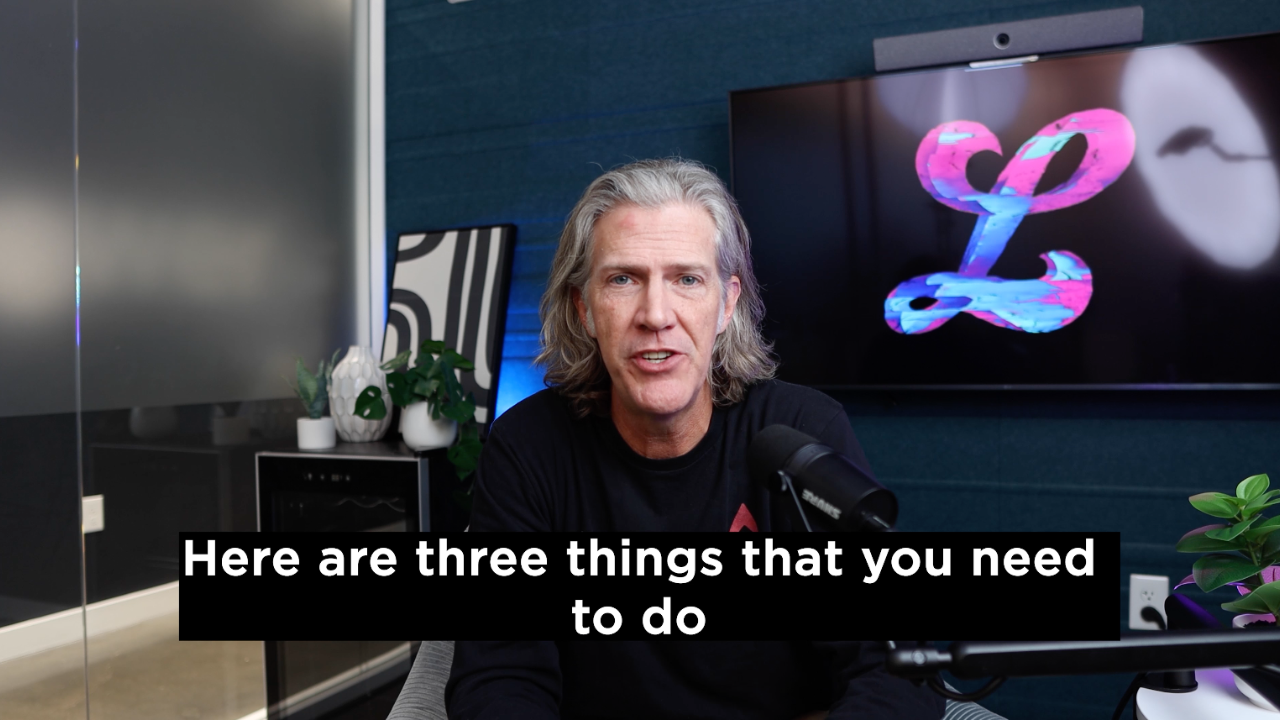Is refinancing your mortgage going to hurt your credit score? Even if it does, is it still worth it in the long run?
Over the past year, mortgage rates hit an all-time low. That caused many homeowners (over 8 million to be exact) to consider refinancing their mortgage. On the other hand, while it seemed like a great deal, some were hesitant to refinance because of concerns about how it would affect their credit score.
If you find yourself hesitant to refinance because you’re afraid of the effect it’ll have on your credit, we want to calm your fears, help you be “in the know,” and empower you to make the best decision for you.
Here’s what you need to know.
Why Refinance?
Refinancing means paying off an existing outstanding loan with a new one. There are various reasons to take the plunge and refinance, including:
- Lowering your interest rate
- Shortening the mortgage term
- Tapping into your home's equity
While refinancing might lower your monthly payment, there are additional upfront costs like appraisals, title searches, and application fees. Deciding how the closing costs affect you and your financial position determines if refinancing is a good idea.
How Refinancing Can Lower Your Credit Score
It's true that anytime you submit a credit application, you temporarily lower your credit score. It may seem counterintuitive, but many decide that the benefits of refinancing outweigh a credit score dip. Here's how your score is calculated, according to FICO:
- Payment history: 35%
- Amounts owed: 30%
- Length of credit history: 15%
- New credit: 10%
- Credit mix: 10%
Here are a couple of ways refinancing dips your score:
Credit Inquiries
Anytime you submit a credit application, whether it's for a credit card or refinancing, lenders perform a hard credit check. This type of check usually causes your credit score to take a hit and temporarily go down.
This is why you can’t waste another hard inquiry on a lender that doesn’t have your best interests in mind.
Multiple Applications
Normally, when you're looking to refinance, you apply to several lenders to find the best interest rate. While that's a smart move to get the best deal, if those inquiries aren't done within a few weeks of one another, they might be considered separate inquiries, having a negative impact on your credit score.
Most credit agencies treat several inquiries within 45 days as one hard credit check. That makes it important to get all your ducks in a row and complete applications within a few weeks of each other, not a few months.
Closing Accounts
When you refinance your mortgage, the existing loan is closed. Closing loans or other accounts change your average age of open accounts and potentially impacts your credit report. As long as the loan that was closed is in decent standing, meaning no payments were late, it could lessen the impact on your credit score. In addition, as time goes on and you make payments on the new loan, your credit score will continue to improve.
Rebuilding Your Credit After Refinancing
You crunched the numbers and found refinancing is a good fit for you. While watching your credit report take a dip made you cringe, rebuilding your credit after refinancing isn't too difficult. Here's what you need to do.
- Continue full, timely payments on the existing loan until it's closed out. If you miss a payment, it could significantly affect your credit.
- When it's time to pay on the new loan, ensure you pay by the due date to establish a good payment history. This starts to bring your credit score back up.
- Avoid opening up other credit applications after wrapping up your refinancing deal. Additional inquiries can bring about more hard credit checks, lowering your score once again.
Can Refinancing Help My Credit Score?
Although unusual, there are situations where refinancing can have a positive impact on your credit score. If you're burdened with a mortgage you struggle to pay every month, refinancing could lighten your load. In addition to lowering your monthly payment, refinancing can help provide additional money you can use to pay down other debts, like credit cards.
Paying down high-interest credit cards will ultimately have a greater effect on your credit than applying for refinancing.
So, basically, you’d be lowering it temporarily to then boost it indefinitely. We love that math.
Refinancing Rates and Credit Scores
There's no denying that credit scores and refinancing goes hand in hand. Not only can refinancing affect your credit score, but your credit score can also affect the amount you can borrow, as well as the interest rate. Nowhere is this more clear than on FICO's website where you can calculate your monthly payment and total interest paid depending on your credit score.
For example, a $250,000 loan amount with a top credit score of 760-850 qualifies for a $986 monthly payment.
If your credit score is between:
- 700-759 the monthly payment is $1,015
- 680-699 the monthly payment is $1,039
- 660-679 the monthly payment is $1,068
- 640-659 the monthly payment is $1,127
- 620-639 the monthly payment is $1,205
Not only would the monthly payment be affected, but the amount of interest paid over the life of the loan would vary tremendously. In the loan scenario above, the total amount of interest paid with the highest credit score is $105,001. Conversely, interest paid with the lowest credit score is $183,626. That's an astonishing difference of — $78,625.
The bottom line is that your credit score affects refinancing and how much you'll pay monthly, as well as the interest over the life of the loan.
Need Help Refinancing? Try Lower.
If you've struggled in the past with a low credit score and have difficulty finding a lender for refinancing, consider Lower. Our RefiNow option, a government relief mortgage program, allows working families to save on their home payment even if they've struggled with credit problems in the past. With the Lower app, you can easily apply, qualify, and start the refinance process quickly and without hassle.
With RefiNow, just because you have a lower credit score, it doesn't mean you're stuck with higher payments. Lower won't even do a hard credit check until you qualify, and finding out if you do is easy — just answer these 3 questions:
- Have you paid your current loan on time for the past 6 months? Were you only late once in the past year?
- Is your credit score at least 620? Don't worry if you don't know what it is — we'll show you once you apply. For free and without impact 🎉
- Do you currently live in a single-family home that you use as your primary residence?
Answering yes to these questions has you on your way to lower monthly payments and more financial freedom. The only question left to answer is, what will you do with the extra cash you're saving every month?
Give Lower and the RefiNow program a try to access savings like never before.

















.svg)

.svg)

















